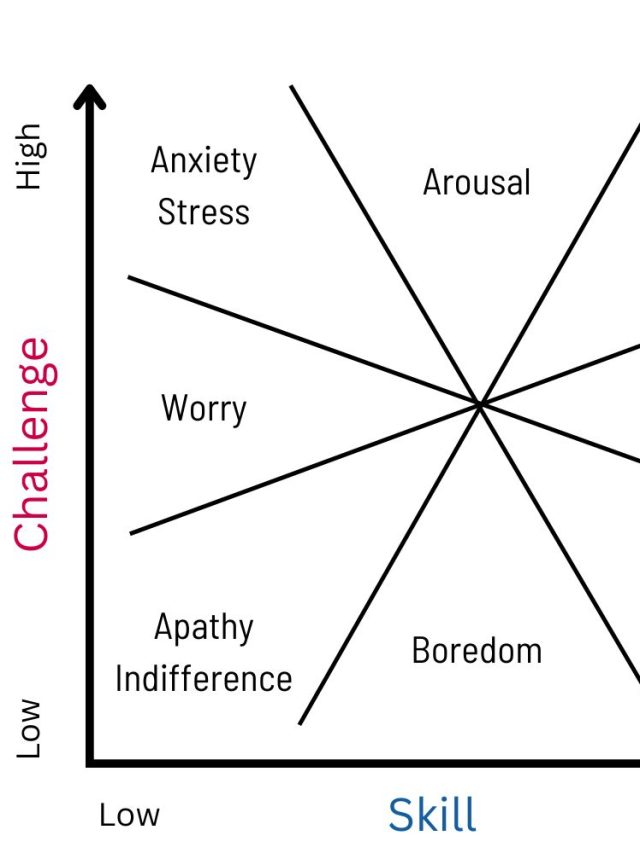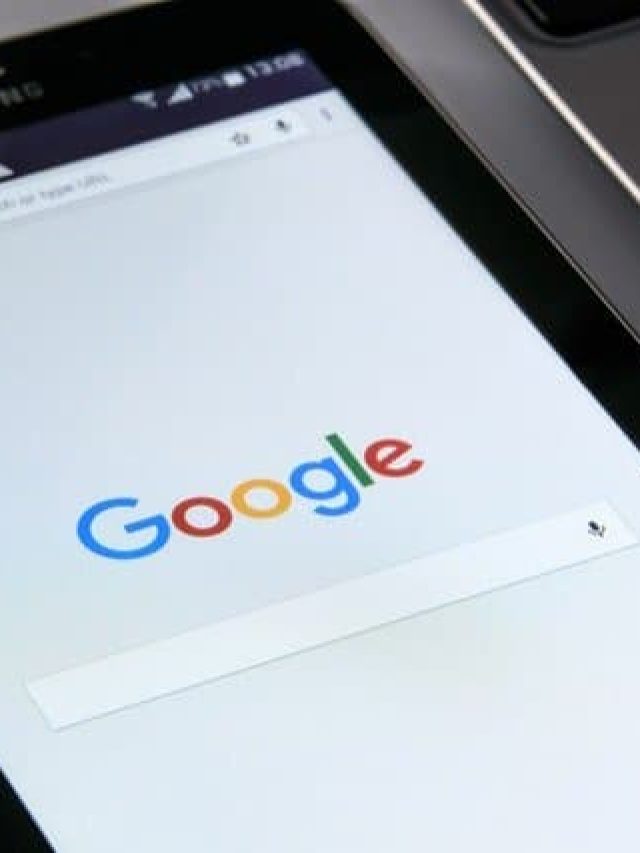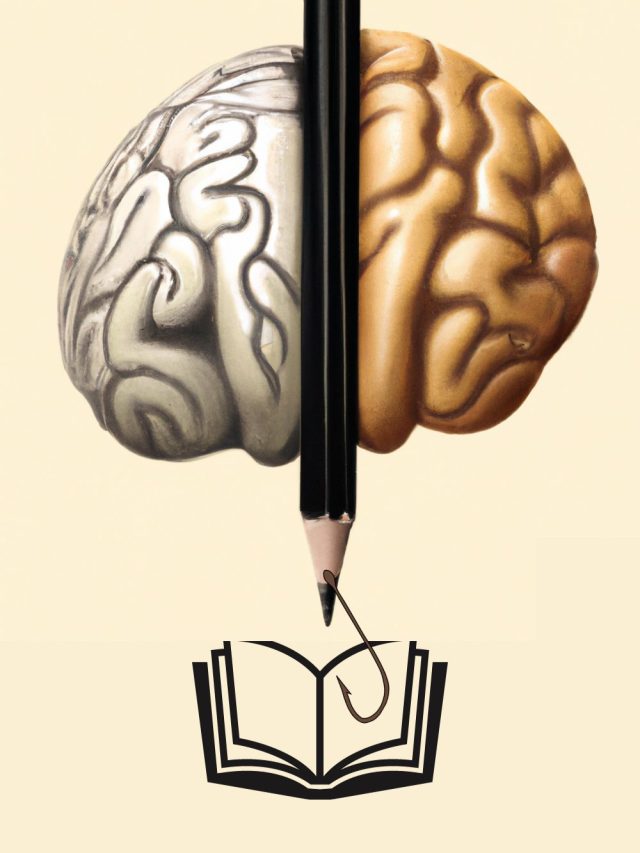Empathy is generally regarded as a valuable skill in managing and nurturing social and professional relationships. It’s central to helping others and improving social dynamics. However, there is a point where empathy has negative effects.
Too much empathy can be harmful, even bad. It might encourage fixating on other people’s problems, it can prime your attention to understand someone else at the cost of emotional burn-out, & it can even block you from taking active charge in finding a solution to a problem.
Like most things, abilities have a use-case. Empathy adds value in our lives – understanding others to foster relationships, gaining social advantages, etc. It also has a down-side in certain situations – emotional burn-out, hampering decision-making, negative intergroup behavior.
Just as there are ways to increase empathy, there are ways to reduce it.
Does research support the idea that empathy can backfire and create negative consequences? Let us find out what the insights are.
The Negative Effect of Empathy in Social Group Interactions: Us Vs. Them
When a person identifies with a certain group, there are 2 groups formed which differ on multiple dimensions. The first one is the in-group where the individual shares a common identity with other members of the in-group. The second one is the out-group which has different people who do not share the same common identity which binds the in-group. For practical purposes, Not in-group = out-group.
The group-identity distinction is substantially explained by a concept called self-construal. The “self” stands for all the set of ideas, attitudes, experiences, goals, subjective meaning, memories, etc., which are bound to your body. Specifically, the self stands for an “embodied self.” “Construal” stands for how one construes/conceptualizes the embodied self within society. One’s self-construal can be located within the body as an individual or it could reach far out as a body located within a society. Self-construal indicates one’s identity with respect to social relations and society. When a person is conceptualized as a pure individual, it’s a relational-independent self-construal. When a person’s identity has formed with a community and relationships within it, it’s a relational-interdependent self-construal.
A set of struggling artists can form an in-group (us) and all others who are not struggling artists can form the out-group (them). In-groups and out-groups have different self-construals. The in-group is usually known and narrow. The out-group can be known and unknown.
A large portion of human communication is between members of an in-group and an out-group. Humans have a tendency to be more favorable to in-group members and demonstrate lesser empathy or understanding for, and higher prejudice against out-group members. While this may have its downsides in successful community-building and community-thriving, research has repeatedly shown that humans make an in-group/out-group distinction. This distinction is not by itself harmful. When attitudes change, behaviors change. And, they form a feedback loop that could lead to destructive social behavior. Racism & sexism are prime examples of this.
The most common approach to reduce this is to learn about others by increasing intergroup contact. That is, mixing with others and getting to know others in a natural way – socializing, dating, professional collaboration, etc.
Another intuitive response to reducing prejudice and negative attitudes is to employ or increase empathy for out-group members. In essence, improve perspective-taking and attempt to understand the back-story/origin-story of others to know where they come from. This intuitive solution – an empathic stance – may not really be a solution to solving in-group/out-group conflicts.

In 2009, researchers Jacquie D. Vorauer and Stacey J. Sasaki published a paper[1] that demonstrates an interesting interaction of empathy with attitudes and prejudices for In/Out-group interactions. In their experiment (93 psychology undergrads, groups based on ethnicity), interpersonal contact reduced prejudice, so did empathy. But (and it’s a big but), interpersonal contact along with an empathic stance negated each other. Empathy also failed to have any positive effect on prejudiced people.
This came as a surprise because one would assume that having an empathic stance (by learning about others’ suffering and hardships) and interpersonal contact would have an additive effect. Researchers explain this counter-intuitive finding (contact & empathy canceling each other out or blocking each other) as a function of the “meta-stereotype” activation. A Meta-stereotype refers to how an in-group member thinks he/she is evaluated by a member of an out-group member. When anticipating an interaction with an out-group member, this meta-stereotype is activated[2] and there is some reason to believe that it is amplified while interacting and empathizing. Pre-occupation with this meta-stereotype can block the mindset to have objective and natural conversations with out-group members.
For example, suppose a group of college students are interacting with a group of 50-year-old top-level managers. The managers would keep a mental reference (meta-stereotype) of how the college students view them and focus on that assumption while conversing. Similarly, the college students would assume a certain stereotype about themselves that the managers assume and then the students would probably modify their behavior to address that meta-stereotype. This also becomes the motivation to adopt behaviors called “impression management,” which is a fake-it-till-you-make-it strategy to modify impressions favorably.
Scientific findings need to be replicated, so where does this finding stand? Turns out that the research has some additional support.
I’d like to highlight that this research does not aim to determine if empathy is good or bad. It aims to draw the limitations of how empathy affects us and how contexts change the effect of empathy. Specifically, research is uncovering the boundary conditions for the positive side of empathy.
In 2012, Mark Tarrant, Raff Calitri, and Dale Weston, an independent team, found additional support[3] for empathy-induced negative social interactions between different groups. Their experiments were done on a total of 227 university students where in-group/out-group was defined based on college affiliation & nationality. They utilized a perspective-taking writing task to induce empathy and understanding (writing about how an experience will be in a different situation). In their experiments, participants with stronger in-group identification viewed out-group members less favorably and described them with more negative traits. Researchers suspect this was due to the damaging effects of a perspective-taking task.
One explanation for this finding comes from a previous meta-analysis[4] which suggests that people tend to make their group identity distinct and dominant. People with a very strong group identity take a defensive stance to protect their group identity against other groups. That may result in negative evaluations of out-group members and a tendency to pass derogatory remarks. Taking on out-group perspectives can induce the motivation to amplify and reinforce in-group identity, which is a self-serving behavior – contrary to what empathy aims to achieve.
In parallel, research[5] also shows that perspective-taking can increase the motivation for intergroup contact, especially when there is no perceived enmity and low baseline prejudice. Across 3 studies, researchers explored various social factors and found that perspective-taking can motivate people to increase contact with members of the group represented in the perspective-taking activity. In short, employing empathy for a specific out-group seems to be useful in empathizing with only that specific out-group. They also found that taking perspectives leads to approach behaviors more than stereotype suppression which leads to avoidance behaviors. This effect was seen based on how people employed a perspective or suppression strategy and decided how close they sit next to out-group members.
In 2017, yet another study[6] demonstrated the limitations of empathy in intergroup interactions and social identity. The study brings us to the German word Schadenfreude – pleasure at the pain of others’ suffering. The typical Us Vs. Them battle makes things worse and research shows that ingroup members feel a sense of reward and gratification when members of the outgroup receive pain (or are inconvenienced). If it isn’t competition that dampens empathy, distance does. Deeming someone as “them” or an out-group member increases the psychological distance by removing them from your sense of self. Even social distance, social boundaries, kinship, race, gender, age, profession, clothing, etc. can increase the psychological distance. This situation creates an opportunity to weaken any empathic response and a little bit of added conflict can covert that into schadenfreude.
A reasonable way to put this research into real-life contexts is – “increasing empathy for others is not always going to improve interactions between members of different groups.”
Let us now look at the other prominent downside of high empathy (or assumed benefits of low empathy).
Empathy, Emotional Burn-out, and Compromised Decision-Making
A 2019 review study[7] published in The Journal of Services Marketing highlights practical downsides to empathy in professional contexts. Their review suggests that too much empathy can compromise decision-making in forensic evaluations, deplete cognitive resources due to burn-out, and even cause poor allocation of physical resources which undermines the collective good – A typical situation in science fiction shows where a distressed group is living off of minimal resources and an empathic person offers extra food to someone in pain which others deem unfair. Empathy can promote unwarranted leniency where leniency can cause damage on some other level – unempathetic bosses could say “I don’t care, I need this done” but empathetic bosses could say “You know what, take your time, I understand the issue.” This could result in lowered net productivity.
The review also highlights how people can use empathy to manipulate people into acting in specific ways. Empathy during professional interactions can also become embarrassing for others. A part of this is because empathy involves expressing empathy, summarising another person’s point of view, and extending help. Customers wouldn’t always want their story understood and recapped when the goal is to quickly get a solution. Imagine discussing how you dropped your phone in the toilet with customer care in a lovely empathic conversation – customers would probably want to not talk about it.
Another line of research[8] shows that high empathizers can be biased toward negative facial expressions and negative emotions. Higher sensitivity to negative events can become a gateway to dousing oneself in negativity. Low empathy might just be useful in avoiding negative details in the world. This brings us to another finding.
In relationships, empathy is important. But, empathy for positive experiences[9] might be more beneficial for the relationship than empathy for negative experiences. A pre-disposed tendency to feel empathy for negative emotions might blind one from the opportunity to extend empathy for positive events; ultimately causing some damage within a relationship – “Why can’t you take part in my happiness? Is my success not important to you?”
Empathy for negative events[10] can cause burnout and lower job satisfaction, but empathy for positive events can defend against (or mitigate) that burn-out. Professions that deal with human suffering, complaints, conflicts, etc. are more susceptible to this effect. This is commonly seen in a situation where a client’s success and genuine gratitude can make the day for a professional who has a backlog of unresolved angry clients.
Trivia: Contrary to popular belief, increased testosterone[11] does not make men less empathetic. Previous research on testosterone reducing empathy in women may be more about hormonal disruption than being… for lack of a better word… testy.
What if I want to reduce my empathy?
There are a couple of ways to do so. Let’s look at some practical and impractical findings which give us some answers.
- Have an oxytocin deficiency. Research shows that people deficient in oxytocin[12] exhibit higher empathy after getting a dose of oxytocin. Deficiency in oxytocin is often linked to psychopathy. (this finding should not be construed as “advice” or a “recommendation”)
- Commit more to your in-group and compete with your out-group (again, not advised).
- Focus on your personal experiences instead of processing others’ experiences. While this may hurt relationships more, focusing on personal experiences takes attention away from any potential empathy.
- Research suggests[13] that pain perception and emotion perception have a common denominator or a shared neural circuit. Inhibiting one inhibits the other. Pain-killers (acetaminophen/paracetamol) appear to reduce empathy for pain. (this finding should not be construed as “advice” or a “recommendation”)
- Increase emotional/psychological distance by moving away, reducing contact, drawing boundaries, etc.
- Develop a habit to focus on positive empathy (good experiences, sharing joy) so it defends you against negative empathy and emotional burn-out.
- Considering a part of empathy is about helping others and “giving,” there is some evidence[14] to support the idea that social power-differences affect the value of offering something. Being in a position of power may lead to offering less value to those with lesser power and even expect more value from others. This tendency is not truly empathy-based but it mimics the outcomes associated with empathy.
This article summarises some of the research which describes the negative effects of empathy but it is only a small portion of a larger body of research which unequivocally highlights it’s positive effects.
Sources
[2]: https://www.ncbi.nlm.nih.gov/pubmed/10794374
[3]: https://journals.sagepub.com/doi/10.1177/0956797612441221
[4]: https://psycnet.apa.org/record/2004-14304-006
[5]: https://journals.plos.org/plosone/article?id=10.1371/journal.pone.0085681#s5
[6]: https://journals.sagepub.com/doi/abs/10.1177/0963721411408713
[7]: https://www.emerald.com/insight/content/doi/10.1108/JSM-10-2018-0289/full/html
[8]: https://www.sciencedirect.com/science/article/abs/pii/S0165178115004448
[9]: https://journals.sagepub.com/doi/full/10.1177/0265407517746518
[10]: https://www.sciencedirect.com/science/article/abs/pii/S0191886918304768
[11]: https://www.biorxiv.org/content/10.1101/516344v1.abstract
[12]: https://www.tandfonline.com/doi/abs/10.1080/17470919.2014.948637
[13]: https://academic.oup.com/scan/article/11/9/1345/2224135
[14]: https://psycnet.apa.org/record/2008-14857-009

Hey! Thank you for reading; hope you enjoyed the article. I run Cognition Today to paint a holistic picture of psychology. My content here is referenced and featured in NY Times, Forbes, CNET, Entrepreneur, Lifehacker, about 15 books, academic courses, and 100s of research papers.
I’m a full-time psychology SME consultant and I work part-time with Myelin, an EdTech company. I’m also currently an overtime impostor in the AI industry. I’m attempting (mostly failing) to solve AI’s contextual awareness problem from the cognitive perspective.
I’ve studied at NIMHANS Bangalore (positive psychology), Savitribai Phule Pune University (clinical psychology), Fergusson College (BA psych), and affiliated with IIM Ahmedabad (marketing psychology).
I’m based in Pune, India. Love Sci-fi, horror media; Love rock, metal, synthwave, and K-pop music; can’t whistle; can play 2 guitars at a time.










